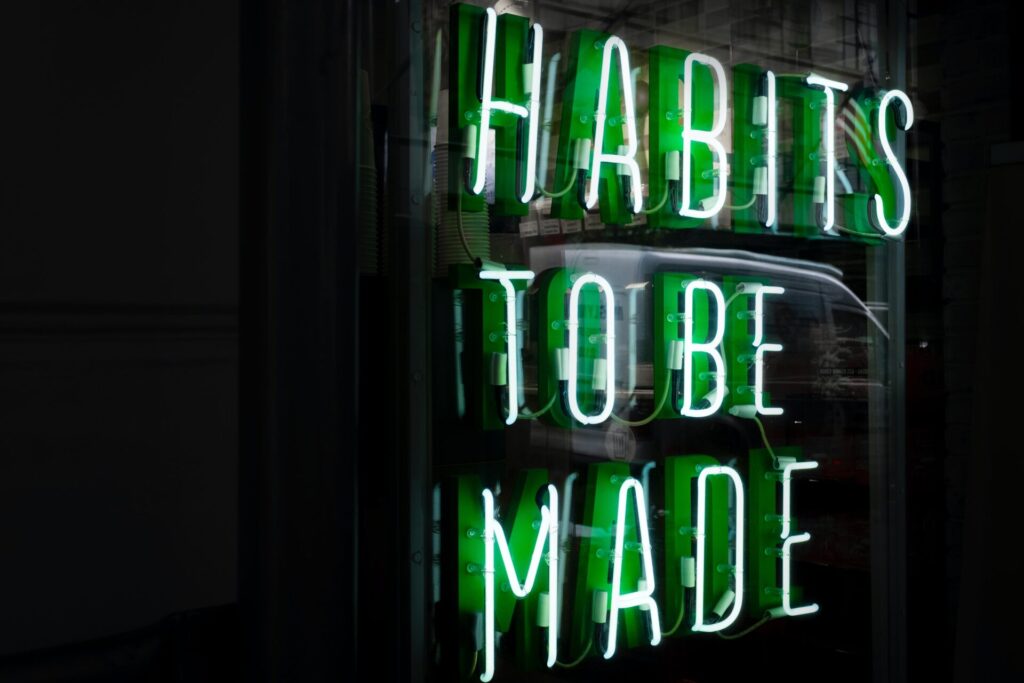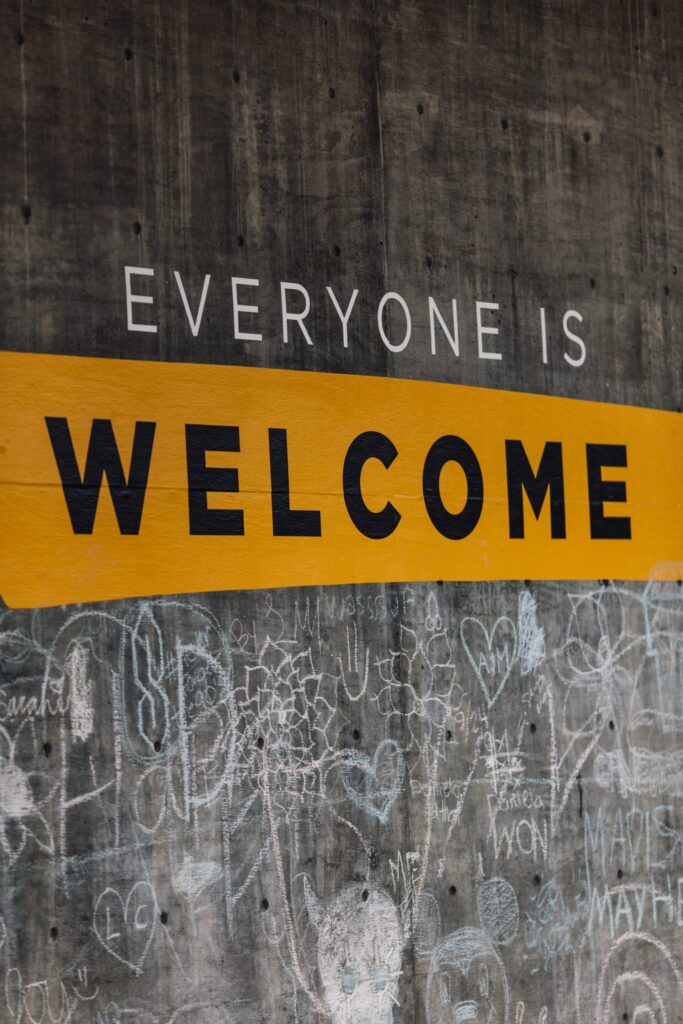As part of our extensive work within internal and external communications, we study our relationship with work. Over time we have come to realize that it’s about working smarter, not harder. Our Communications Director, Georgie Bradley, explores the implications of a less is more approach to work.
What can we do, to live life better? A big part of our lives is work. So, what would the ideal working life look like? Could a 4-day work week (yes, that means a 3-day weekend, rest and recovery) actually work? If we look at it from a bigger picture perspective and insert a climate change and public health narrative, would it be taken more seriously, rather than through a ‘slack culture’ lens? I’ll get to this point a little later on. Also, cynics, please release the fistful of salt you’re clutching right now and give what sounds like a paradox to get more work done when you work less, some brain space for consideration.
There are so many positives to ‘working less’: better energy, less stress, a better work/life balance, the negatives are more readily pointed out: the potential of less money. That last one feeds into the biggest myth about a shorter work week: it’s impossible to achieve the same levels of productivity without losing profits and not paying your employees any less. As it stands at the moment however, there are studies that show that the average worker loses between 2-4 hours of productive work time everyday to distractions, technology interruptions and meetings that run too long – i.e. poor processes. In this sense, a lot of us are already operating a 4-day week but it’s not evenly distributed due to outdated managerial practices. Let’s be real here, by the end of the week, do you ever really get that much work done? Yes, you might be at your desk but you’re probably working really slowly, not focused and not producing anything great. As a result, most companies don’t make ‘big’ moves on the last day of the week by way of new releases, important meetings or conferences because there is a tacit awareness that most people have already checked out. The last day of the week is already lost, so why not give it back to people?
It’s important to note that companies that are going by a 4-day week now, are not doing it for abstract reasons. It’s straightforward: they are trying to save their companies. According to a call center in Glasgow, 90% of their sales were made through Monday-Thursday. As a result, they adopted a 4-day week, because not enough IT equipment was bought on a Friday. If we are going to look at it in wider terms, working less is better for the environment. One day less a week of commuting, reduces carbon emissions. In the office itself, one day less means less paper usage and less energy usage. It also means that people start to make better energy choices – even if it isn’t conscious. People will end up walking more, they will cook for themselves as opposed to ordering their lunch to their desk and become more mindful of their environmental impact.
Can a 4-Day Week Really Work?
There are many thousands of companies around the world across a variety of industries that have implemented this new 4-day week model successfully. Trials of a four-day week in Iceland were an “overwhelming success” and led to many workers moving to shorter hours, researchers have said. The trials, in which workers were paid the same amount for shorter hours, took place between 2015 and 2019. Productivity remained the same or improved in the majority of workplaces, researchers said. The trials led unions to renegotiate working patterns, and now 86% of Iceland’s workforce have either moved to shorter hours for the same pay, or will gain the right to, the researchers said.
The pandemic has brought us up to speed with Iceland in many ways. Many companies have traded in there office for home-based working or the 3-2 method (three days at home, two days in the office) or started a 4-day work week. It has finally forced management to break up with the idea of presenteeism – that people aren’t working unless they are seen to be sat at their desk.
However, we still have this cultural obsession with productivity. Alex Pang, a futurist and tech consultant who has spent two decades researching this topic found that an Australian travel insurance company, who implemented a 4-day work week developed an app to track its employees’ productivity. “With surveillance type apps like this, it weaponizes productivity and becomes a threat. They will cause the same problems we already have but in different, more sophisticated ways,” he says. Even though the extreme lengths of going to an app to measure and monitor productivity are unnecessary, certain performance benchmarks should still be in place i.e. not taking extended breaks above the requisite need.
There is also something to be said about the delayed gratification of a ‘slow worker’ – who might not be able to accomplish a task in double quick time, but they are really good at their job. It is something we have to pay attention to. The 4-day week model should not be the ‘fast food’ version of how we work because other issues both physical and mental will emerge. In order for the 4-day week to truly be successful, the leaders behind this systemic change need to evolved and emotionally attuned to offer the benefits of a 4-day week to everybody – no matter what challenges they have or accommodations they need.
Till now I have been covering the 4-day work week through a corporate lens. But what about those in the gig economy where they are paid by the hour and thus losing 8-hours a week would be unsustainable on an already precarious dynamic. The hourly rate for big corporations that rely with contractors are highly unlikely to be raised and that is simply a miserly situation we have to accept. In places that have business models that depend on a supply of endless labour who are highly replaceable, a 4-day week is a harder sell for them. The companies who move to a 4-day week typically do so because they care about their employees and see them so much more than just that.
There is a lot of variability to make a 4-day week work. It’s a decided dance of coordination and collaboration. Everybody needs to work together without risk to the organization and its goals and output. Anything is possible.















